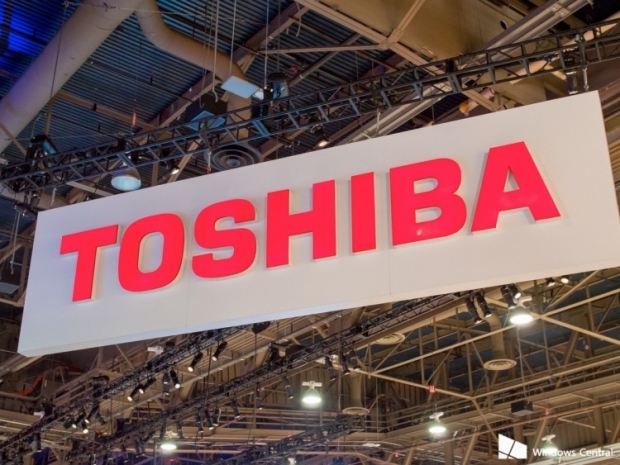The world’s No. 2 maker of NAND chips is expected to have significant funding and spending needs - partly due to the high capital cost nature of the semiconductor industry but also because it has to please Bain consortium's many members.
The US private equity firm and Toshiba Memory will discuss what kind of technologies or acquisitions will be required, with Toshiba Memory president Yasuo Naruke noting that in the longer term technology relating to next-generation memory chips would be needed.
“I believe our financing power will enable Toshiba Memory engage in large-scale M&A deals,” Yuji Sugimoto, head of Bain Capital in Japan, told a news conference.
Talk of potential acquisitions comes amid booming demand for chips for more powerful smartphones, artificial intelligence, and autonomous driving require ever-larger amounts of data storage.
Last September, the Bain consortium won a long and highly contentious battle for Toshiba's chip business.Under the deal, Toshiba has reinvested in the unit, holding some 40 percent. Other consortium members include Apple. SK Hynix, Dell, Seagate, Kingston, and Hoya.
Its new owners plan an IPO for the business within three years. Toshiba had 19.3 percent of the NAND market in the January-March quarter, trailing arch-rival Samsung which held 37 percent, according to research firm TrendForce.
“Compared to our bigger rival...we are lagging behind in volume, including production capacity,” Naruke said, adding that there had been a slight delay in investing in the shift to so-called 3D NAND chips from planar ones.
Aggressive capacity expansion for 3D NAND chips is underway at Toshiba Memory, with its sixth production line set to start operating this summer at its Yokkaichi plant in central Japan, already the largest single NAND production site in the world.
Construction of a new memory chip plant in Kitakami, northern Japan, will also start in July this year.




